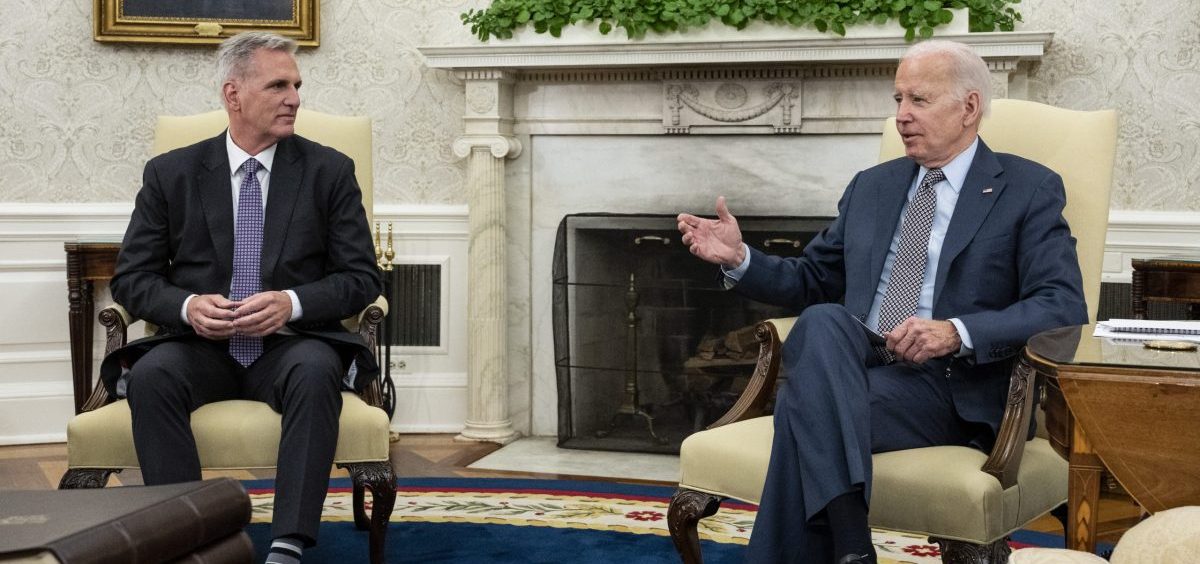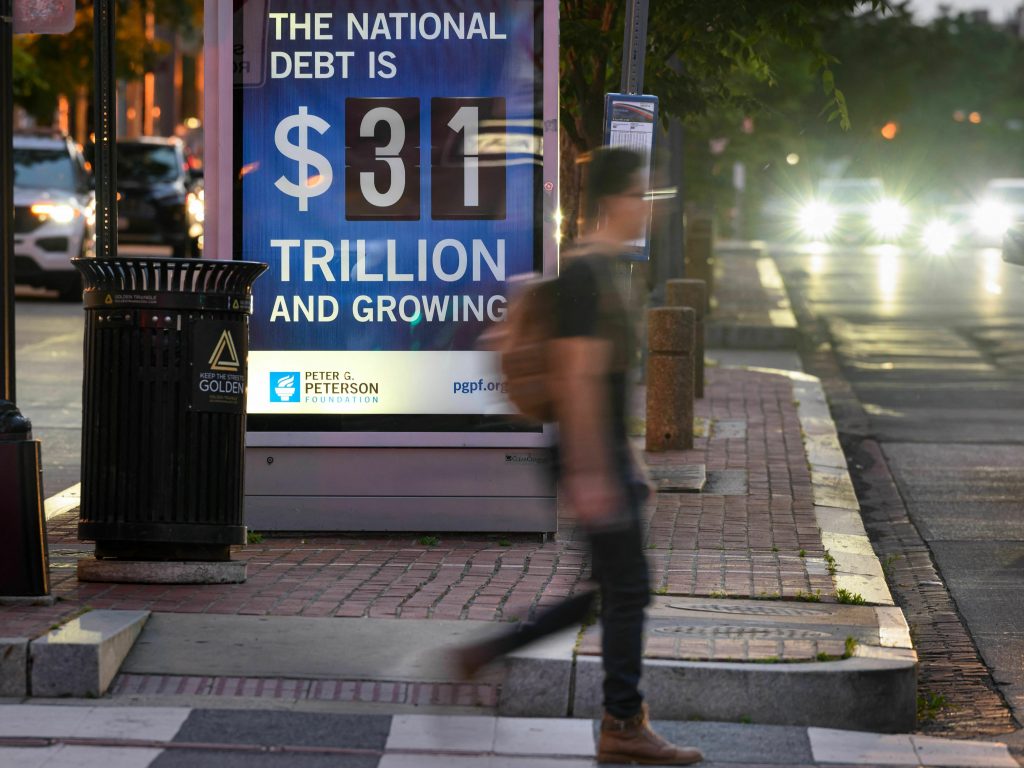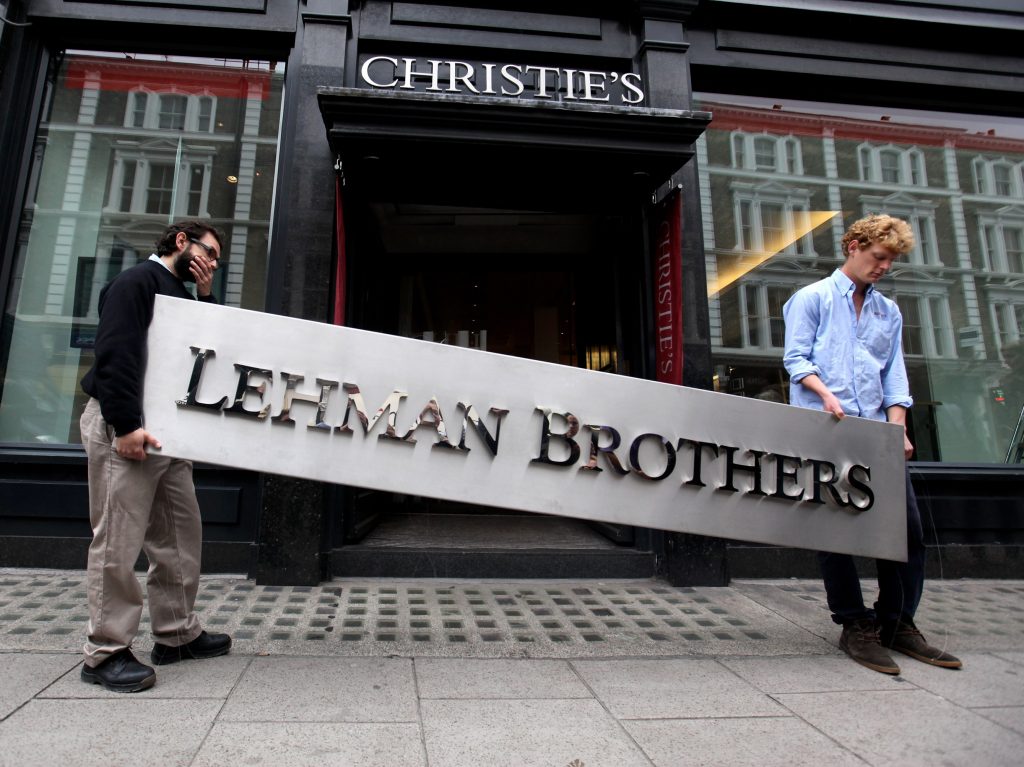News

So would a U.S. default really be that bad? Yes – And here’s why
By: Stacey Vanek Smith | NPR
Posted on:
WASHINGTON (NPR) — The debt ceiling and default debate can feel a little bit like Groundhog’s day: Same drama, different year.
And, of course, the same warnings everywhere: That a U.S. default would have catastrophic consequences for the global economy and for markets — making it likely that political leaders, just as they have before, will ultimately clinch a debt deal.
Except this time around, many experts worry it really could be different given the sharp divisions in the country’s political system.
And if Congress does not actually reach a deal in time — what then, exactly? How bad would things actually get if the U.S. actually defaults for the first time in history?
Here are some of the things that could happen.
The reputation of the U.S. would take a hit — an expensive hit
One of the outcomes that would happen if the U.S. defaulted would be a major hit to the United States’ reputation internationally.
“It would be a disaster and the reputation of the government for meeting its debt obligations would be in tatters,” says Darrell Duffie, professor of finance at Stanford’s Graduate School of Business.
For some people, that’s something they can live with. A default may earn the U.S. a black eye in terms of its reputation, that thinking goes, but it could be the kick in the duff that the U.S. government needs to actually get spending under control.
“That’s a totally reasonable view,” says Justin Wolfers, professor of economics and public policy at the University of Michigan.
“Just like your family has to live within a budget, you might say you want Congress to live within a budget.”
But Wolfers is clear that’s not quite how it would play out.
“Defaulting on the debt does not reduce our spending,” he says. “It just means we stiff our creditors.”
And stiffing creditors would be expensive. The U.S.’ reputation for always paying its debts has helped the country borrow trillions of dollars at very low interest rates from investors and governments around the world.

And if the U.S. defaults, the interest rate on the country’s debt would go up because the U.S. would be seen as riskier: too politically dysfunctional to get its bills paid on time.
It’s similar to the way somebody’s credit card interest rate would go up if they started missing payments.
The shock to markets from default could spark a global financial crisis
An actual default would also deliver a massive shock to financial markets, raising the prospect of a new global financial crisis.
Investment bank UBS estimates the S&P 500 could fall by at least 20%. Bond markets would tumble, and that would send borrowing costs higher across the economy including for already-high mortgage rates.
And banks would be hit as well given that lenders are among the major investors of government debt. As a result, depositors and investors could start to worry about whether banks are on solid ground at a time when the banking sector has recently suffered through the failures of three smaller and regional lenders.
‘That’s when the financial system freezes up,” Wolfers explains. “That means there’s no more borrowing, businesses stop investing and the markets go absolutely haywire.”
No money for schools, roads, Social Security checks
Wolfers also rejects the argument by some people that a default is the kick that lawmakers would need to start acting as responsible adults.
In fact, he argues, many Congress members would probably be fine. But a lot of other people would not.
Wolfers says if the U.S. defaults and there’s no more money to spend, the government suddenly wouldn’t have cash to run basic operations, things like schools and roads.
Government workers could get their pay delayed if the government runs out of cash, while businesses that have contracts with the governments might also stop getting paid for a while.
And the list of people who may not get vital government benefits is long, including most prominently veterans who rely on these payments as a lifeline as well as retirees who rely on Social Security payments.
All those missed payments would have a direct impact on the economy.
Impacted households may have to reduce their spending, and those with little or no savings might have to turn to credit cards, which carry increasingly costly interest rates.

A U.S. recession would be likely, and the world would suffer
The shock to financial markets and the impact across the board would be blows of such magnitude that many experts believe would lead to a U.S. recession: unemployment could spike, lending could freeze up and the economy could shrink.
Also, because of how interconnected the global economy is, trouble in a major economic power like the U.S. would inevitably have global fallout.
Ultimately, Duffie and other experts say the bleak consequences are real risks, borne out of something the U.S. has done through its history: paying its bills on time.
“It’s the most critical part of U.S. national economic security that the government can fund itself,” he says.
9(MDU1ODUxOTA3MDE2MDQwNjY2NjEyM2Q3ZA000))

